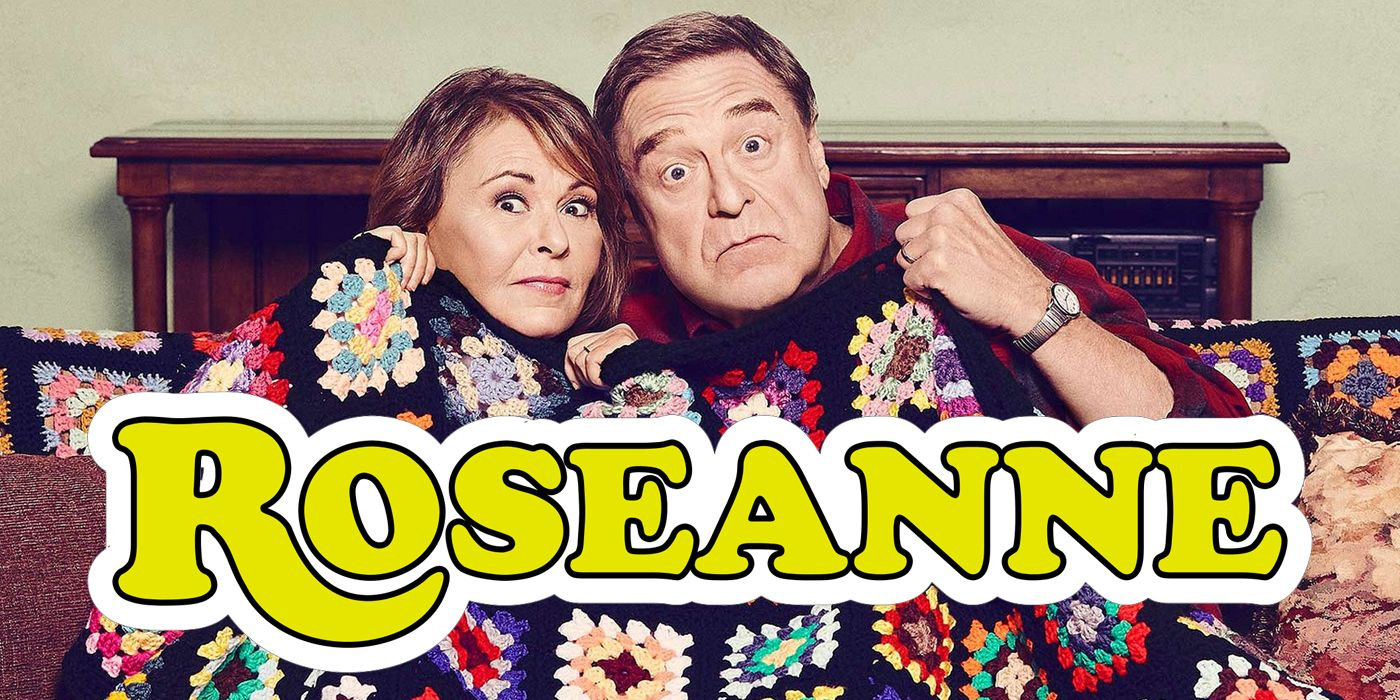
Introduction
When you think of classic sitcoms, Roseanne is likely one of the first shows that comes to mind. What began in 1988 as a fresh take on family sitcoms quickly became a game-changer in the world of television. But beneath the laughs, sarcastic one-liners, and ridiculous moments lies a deeper message that fans still connect with to this day. Roseanne was far more than just a comedy. It was a show that had the courage to challenge social norms, dive deep into complex family dynamics, and even take on hard-hitting political and cultural issues. In this article, we’ll uncover the genius behind Roseanne and why it remains an essential piece of TV history.
The Power of Roseanne Barr’s Performance
There’s no denying that the heart of the show lies in the character of Roseanne Conner, brilliantly portrayed by Roseanne Barr. In an era where female leads in sitcoms were often sweet and accommodating, Roseanne turned the stereotype on its head. She wasn’t afraid to speak her mind, stand up for herself, or call out the absurdity of her surroundings. With her sharp wit and no-nonsense attitude, Roseanne became an instant icon.
Roseanne Barr’s portrayal of the matriarch of the Conner family wasn’t just about being funny; it was about showing the complexity of womanhood, motherhood, and working-class life. Roseanne was both tough and vulnerable, fiercely protective of her family yet deeply conflicted about her place in the world. This layered portrayal of a female character was groundbreaking, and it resonated with millions of viewers, particularly women who hadn’t seen a character quite like her before.
The Blue-Collar Family Redefined
While many sitcoms at the time focused on upper-middle-class families or eccentric wealthy characters, Roseanne took a different approach by focusing on the struggles of a blue-collar family. The Conners weren’t wealthy, nor did they pretend to be. Instead, they were a working-class family trying to make ends meet, just like millions of viewers.
The show painted a realistic picture of life in America’s heartland, showing how the Conners navigated everyday challenges — from struggling to pay bills to dealing with issues like addiction, body image, and growing up in a turbulent world. This grounded approach made the show relatable to people from all walks of life, allowing them to see their own struggles reflected on screen.
Cultural Relevance: A Show That Shaped Society
One of the most remarkable aspects of Roseanne was its ability to address important social issues long before they became mainstream topics in entertainment. Whether it was discussing the pressures of being a working mother, mental health struggles, or the rise of political divides, Roseanne never shied away from controversial topics.
For example, the show’s portrayal of LGBTQ+ characters, particularly in the case of Roseanne’s niece, was groundbreaking. It was one of the first times that mainstream TV addressed issues like same-sex relationships and LGBTQ+ acceptance with the kind of honesty and humor that Roseanne was known for. These bold storylines challenged societal norms and opened the door for more progressive portrayals of underrepresented communities on TV.
The Relatable Humor: Real Family Life
The humor in Roseanne didn’t come from ridiculous situations or over-the-top gags. Instead, it came from the everyday struggles that families face. Whether it was Dan trying to fix something that would inevitably break again or Roseanne giving her kids the tough love they needed, the humor was grounded in authenticity. Fans didn’t have to look far to see themselves in the Conner family.
This relatability was part of what made the show so successful. Unlike many other sitcoms, Roseanne never tried to portray a perfect family. The Conners fought, argued, and made mistakes, but they loved each other through it all. The show’s humor came from this rawness, and it struck a chord with viewers who saw their own family dynamics reflected in the chaos and warmth of the Conner household.
The Legacy of Roseanne: More Than Just a Show
Even after Roseanne ended its initial run in 1997, its influence on television continued. The series paved the way for a new generation of sitcoms that weren’t afraid to tackle difficult issues and show families in a more honest, unpolished light. Its impact can be seen in shows like The Middle, This Is Us, and even The Conners, the revival of the original series.
In 2018, Roseanne returned for a revival that brought back many of the same characters and explored how they had changed over the years. While the revival was met with mixed reactions, it highlighted the enduring appeal of the Conner family. Fans who had grown up with the show felt a deep sense of nostalgia, while new audiences were introduced to the unique brand of humor that made Roseanne so special.
Conclusion
Roseanne wasn’t just another family sitcom — it was a cultural landmark. It broke new ground in its portrayal of real-life struggles, challenged societal norms, and gave a voice to the working-class families who had often been overlooked in popular media. The show’s humor, heart, and authenticity continue to resonate with audiences today, making it clear that Roseanne’s genius lies not only in its laughs but in its fearless exploration of the complexities of family life. It will forever be remembered as one of television’s greatest treasures.
